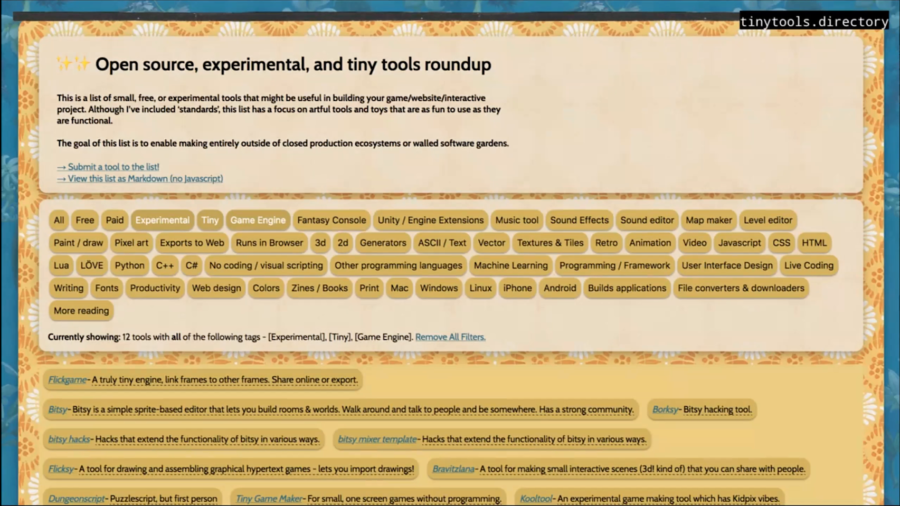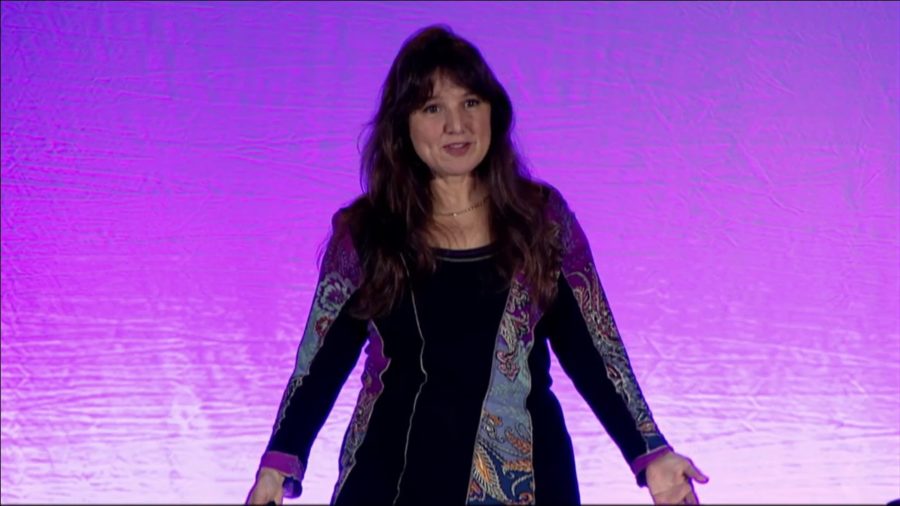In general I work with data sets, “big data,” but with the full knowledge that this is only ever the lives and experiences of people bundled up and repackaged through processes angled for usefulness or at the very least posterity.
Archive (Page 1 of 2)
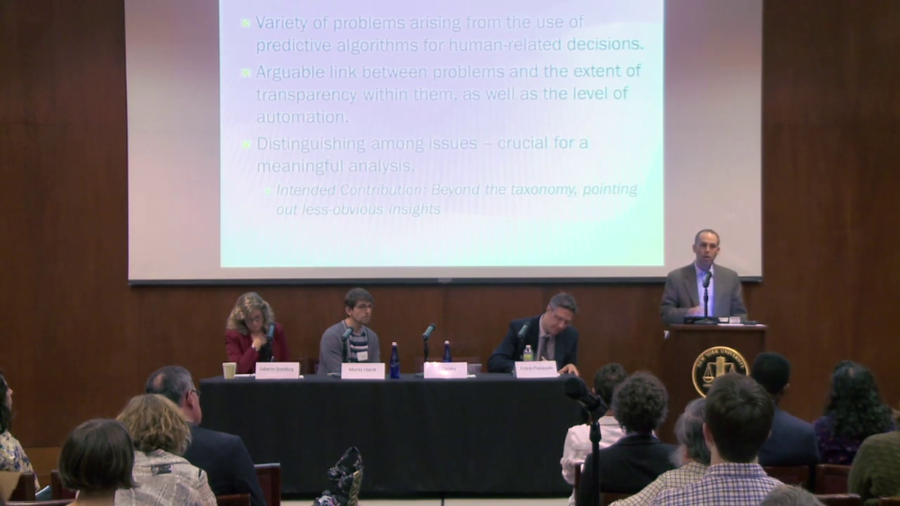
When you make a decision to opt for an automated process, to some extent you’re already by doing so compromising transparency. Or you could say it the other way around. It’s possible to argue that if you opt for extremely strict transparency regulation, you’re making a compromise in terms of automation.
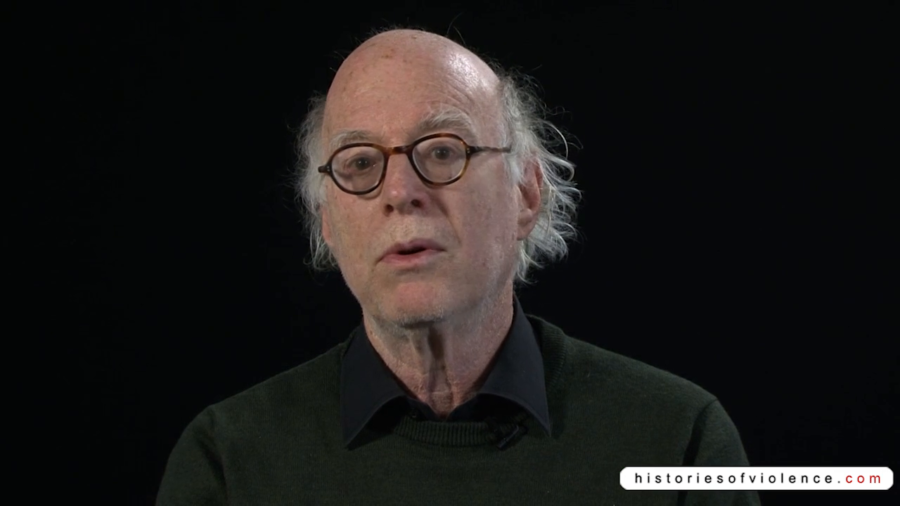
In the world of labor and work, the phrase “disposable life” refers to a new wrinkle in neoliberal capitalism. And that wrinkle is that it’s cheaper to dispose of workers in Europe and America than it’s ever been in the past.
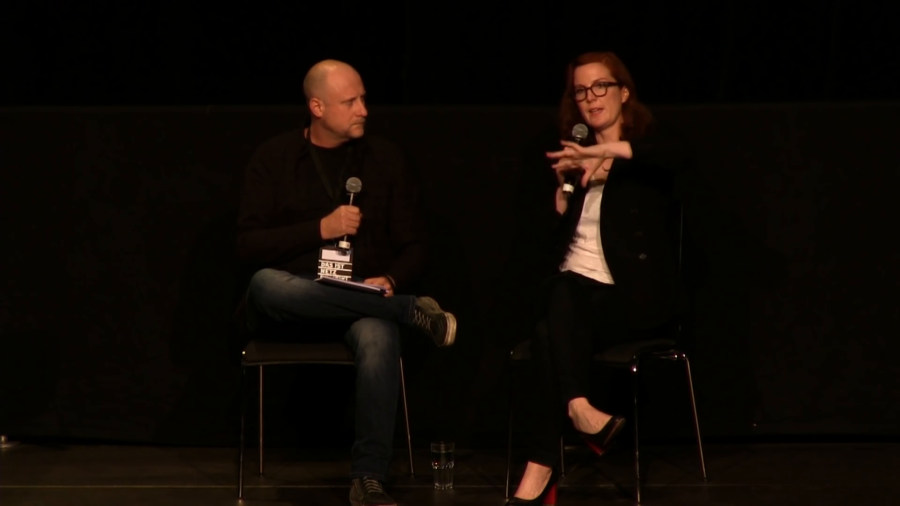
The big concerns that I have about artificial intelligence are really not about the Singularity, which frankly computer scientists say is…if it’s possible at all it’s hundreds of years away. I’m actually much more interested in the effects that we are seeing of AI now.
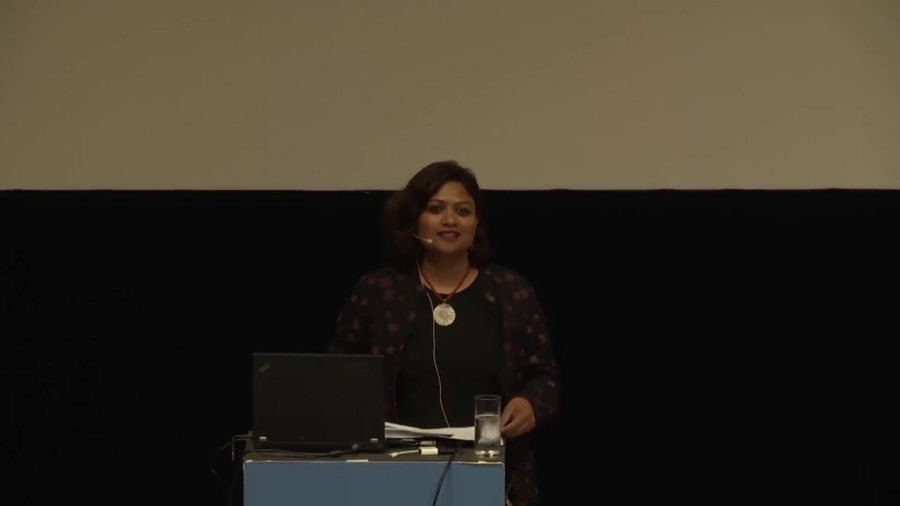
I’m interested in data and discrimination, in the things that have come to make us uniquely who we are, how we look, where we are from, our personal and demographic identities, what languages we speak. These things are effectively incomprehensible to machines. What is generally celebrated as human diversity and experience is transformed by machine reading into something absurd, something that marks us as different.
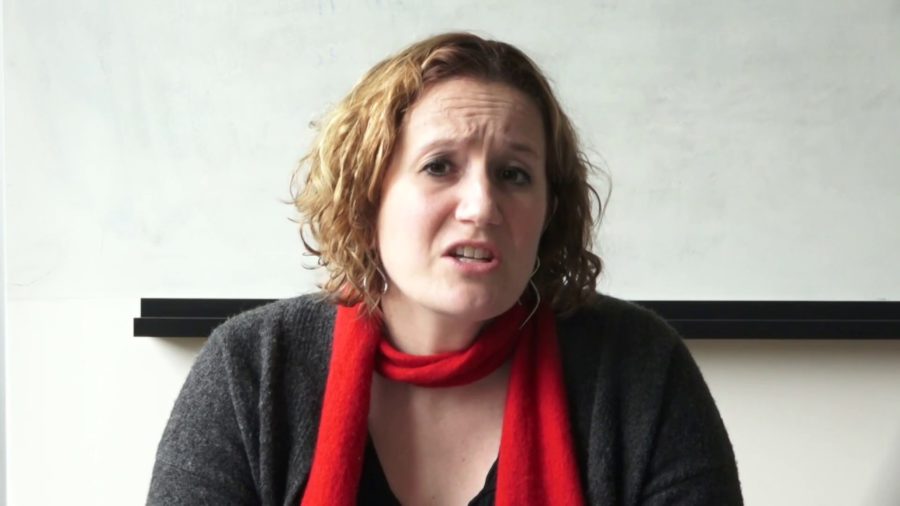
One of the challenges of building new technologies is that we often want them to solve things that have been very socially difficult to solve. Things that we don’t have answers to, problems that we don’t know how we would best go about it in a socially responsible way.
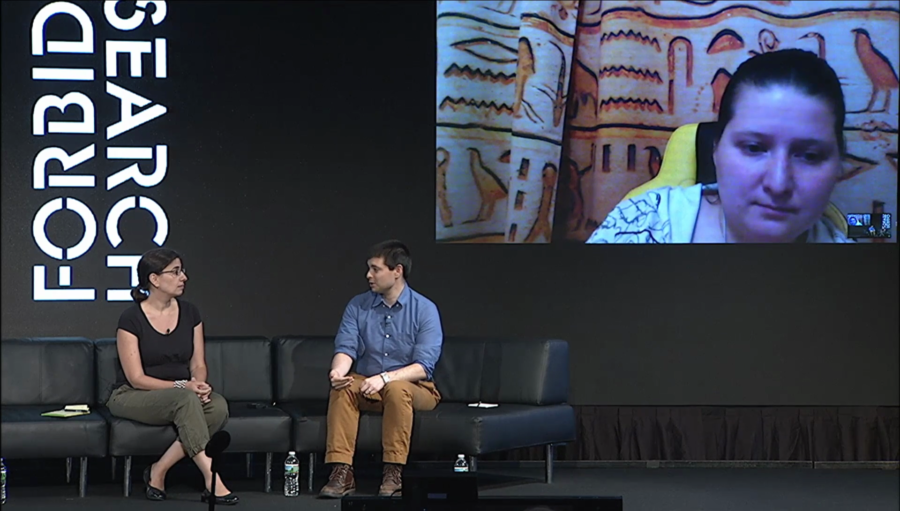
Quite often when we’re asking these difficult questions we’re asking about questions where we might not even know how to ask where the line is. But in other cases, when researchers work to advance public knowledge, even on uncontroversial topics, we can still find ourselves forbidden from doing the research or disseminating the research.
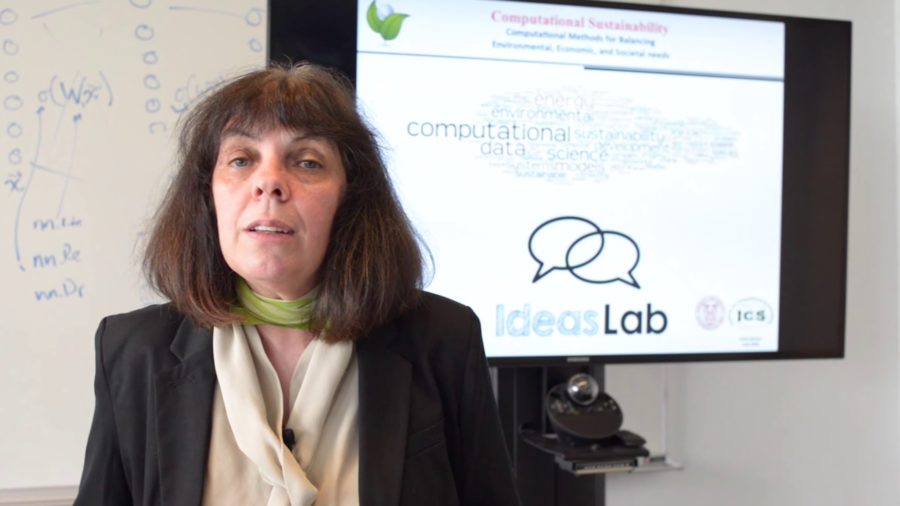
The smartphone is the ultimate example of a universal computer. Apps transform the phone into different devices. Unfortunately, the computational revolution has done little for the sustainability of our Earth. Yet, sustainability problems are unique in scale and complexity, often involving significant computational challenges.
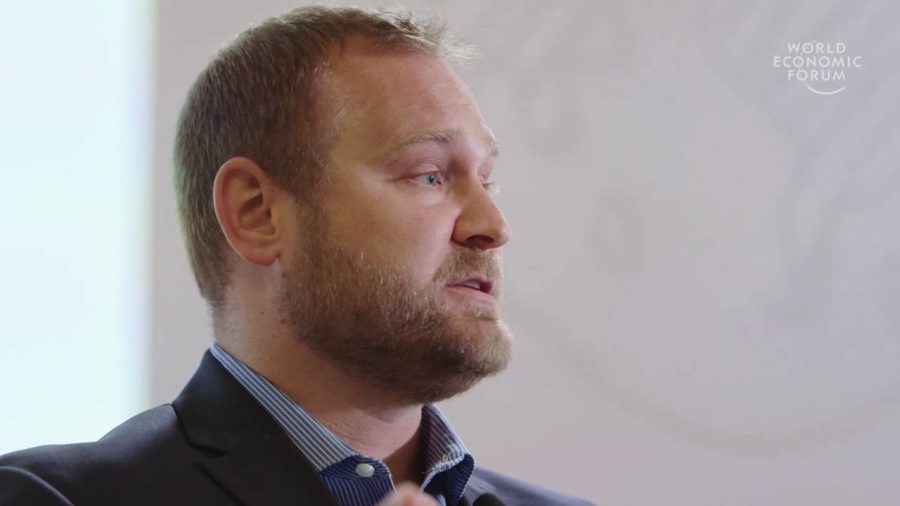
The United States plants more than 170 million acres of corn and soybeans a year, more than any country in the world. And the primary mechanism in the US that we use to subsidize agriculture is actually called the Federal Crop Insurance Program. So, the crop insurance program in the US is also the largest such program globally, with over $100 billion in liabilities annually. So it’s a very big program.

